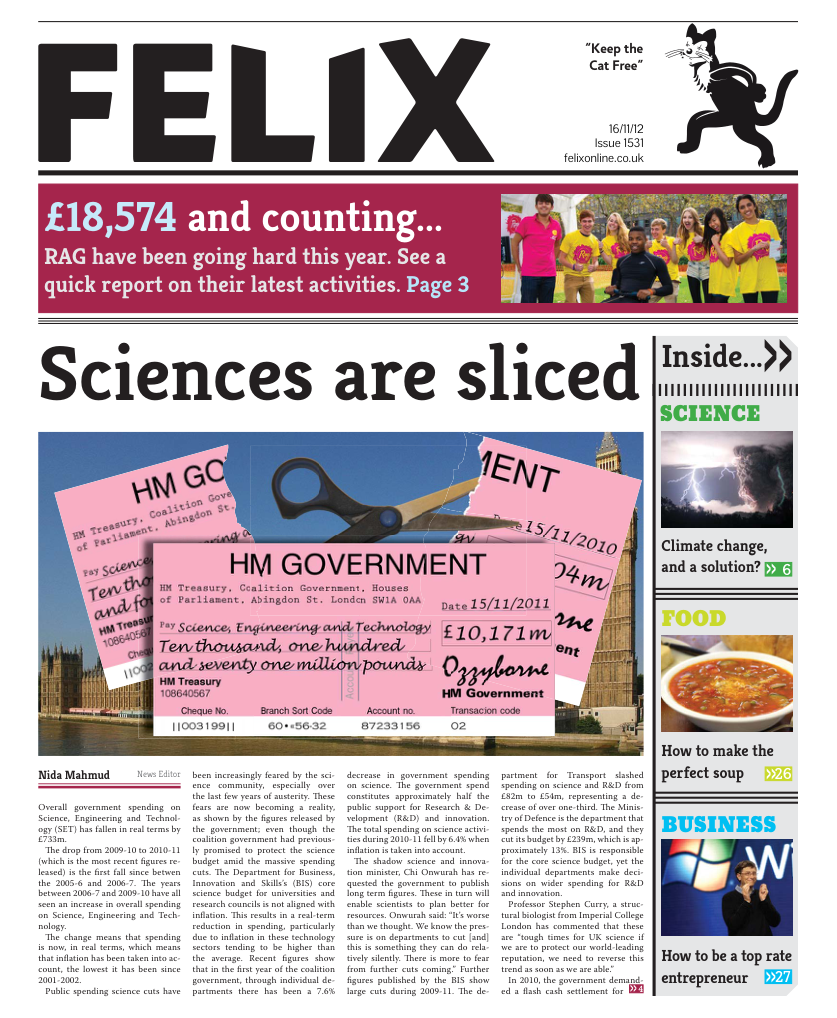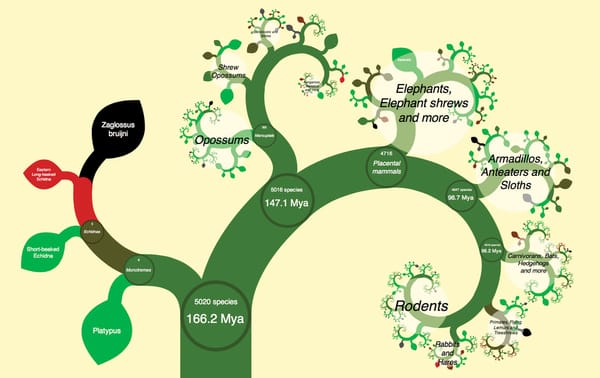Silwood Park hope for British ash population
Sarah Byrne on Silwood Park tackling the headline issues
The European ash tree is a familiar sight across the UK’s gardens, parks and countryside, and has been part of the landscape for many centuries, the common name even deriving from Old English.
However earlier this year a serious fungal disease affecting ash trees, Chalara fraxinea, was found in Buckinghamshire, in a consignment of trees imported from mainland Europe. Despite attempts to contain it the infection spread across multiple English counties in the following months.
The disease, which initially causes leaf loss and dieback and eventually leads to the death of the tree, has so far been confirmed found in 155 sites by the Forestry Commission. C. fraxinea has had a devastating effect in other countries including Denmark where it led to the loss of 90% of the ash tree population.
A consortium of experts, including researchers from Imperial’s Department of Life Sciences, are leading the fight to stop the spread of the disease. A new product based on copper sulphate has been developed, patented and successfully put through laboratory tests where it was shown to effectively kill the fungus. The product, CuPC33, is now being tested at Imperial’s Silwood Park campus and according to researchers has proved in greenhouse trials that it can be safely sprayed on or injected into trees without damaging them. They hope to carry out field trials on infected trees in Spring 2013.
A major selling point is that this is anticipated to be a low-cost solution, in part because of the proposed method of delivery, which uses low volume spray technology to make efficient use of the product. The expected cost is 60p per litre to treat a hectare of woodland.
If it works as intended, the product looks set to be a success for the companies involved, including Imperial Consultants who are overseeing the academic collaboration. We can hope it will be as much as a success story for the British countryside and will prevent the loss of another of our distinctive trees.








